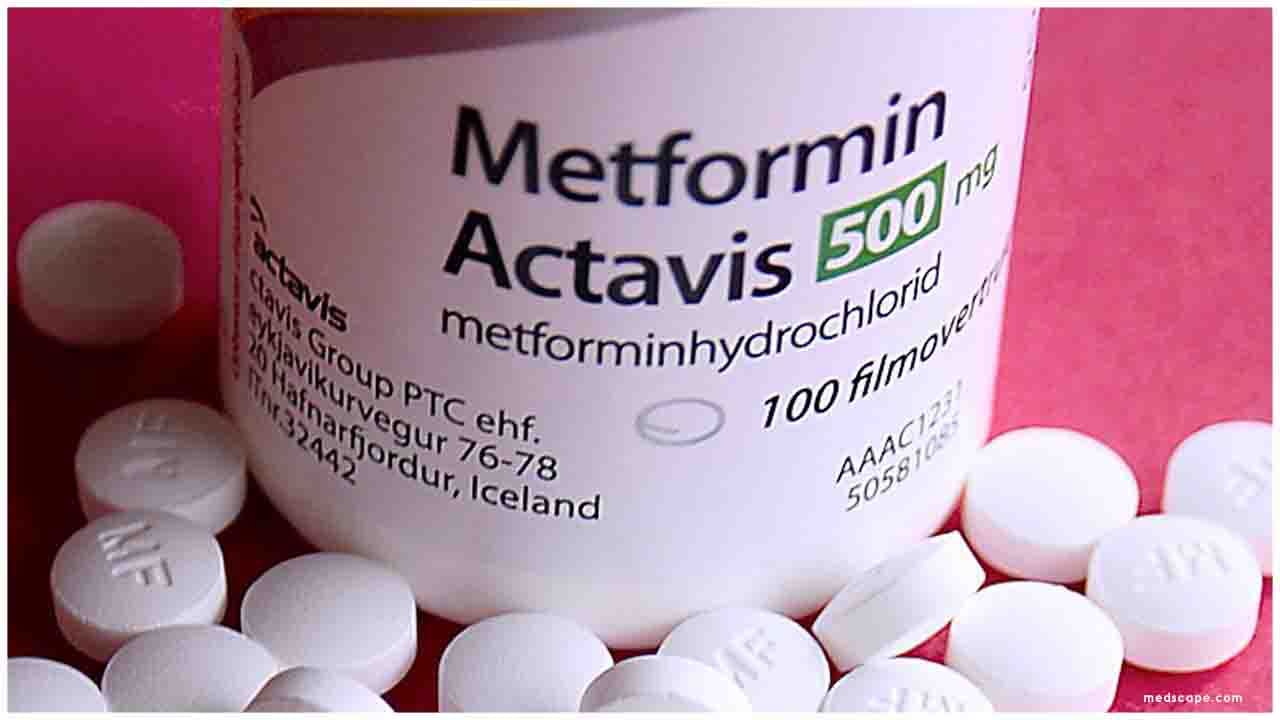Women taking the widely used oral diabetes medication metformin may be at lower risk for fatal COVID-19, according to a study posted on Saturday that has not yet been peer-reviewed.
Among more than 6,200 adults with diabetes or obesity and commercial insurance who were hospitalized with COVID-19, there were fewer deaths among women who had filled their 90-day metformin prescriptions than among those not taking the medicine. After adjusting for other risk factors, they were roughly 21% to 24% less likely to die of the disease. The link was not seen in men.
"We know that metformin has different effects between men and women. In the diabetes prevention trial, metformin reduced CRP (the inflammation marker C-reactive protein) twice as much in women as men," study coauthor Carolyn Bramante of the University of Minnesota told Reuters.
Metformin also decreases levels of TNF-alpha, an inflammation protein that appears to make COVID-19 worse, she said. Studies have suggested metformin may bring down TNF-alpha levels to a greater extent in women than in men, she added. "The fact that we saw the benefit in women only, and the fact that metformin lowers TNF-alpha in female mice, might suggest that the TNF-alpha effects of metformin are why it helps in COVID-19," Bramante said. Formal clinical trials are needed to confirm the theories raised by this observational study. Metformin is a safe, cheap and widely available medicine, making it "a very realistic treatment" if proven in larger trials, she added. (bit.ly/317D2yi)
Meanwhile in an important breakthrough, reserchers found, important set of immune cells are failing to respond properly to the novel coronavirus, providing a possible explanation for why some patients appear mildly ill at first and suddenly deteriorate. The dendritic cells are supposed to alert the immune system to the presence of virus or bacteria, so that other immune cells, called macrophages, can attack and "kill" the invaders. While infected macrophages respond properly to the virus, infected dendritic cells fail to send out their usual alarms in the form of proteins called interferons, researchers reported on Sunday in the Journal of Infectious Diseases. Furthermore, in dendritic cells the virus inhibits a crucial protein called STAT1, which activates interferons and other important substances, they report. Coauthors Kwok-Yung Yuen and Jasper Fuk-Woo Chan of the University of Hong Kong told Reuters in a joint email that these dendritic cell dysfunctions may contribute to symptoms in some patients.
Story Source; Reuters

 A new breakthrough for treatment of Coronavirus in women
A new breakthrough for treatment of Coronavirus in women










.jpeg)




.jpg)
.jpeg)














